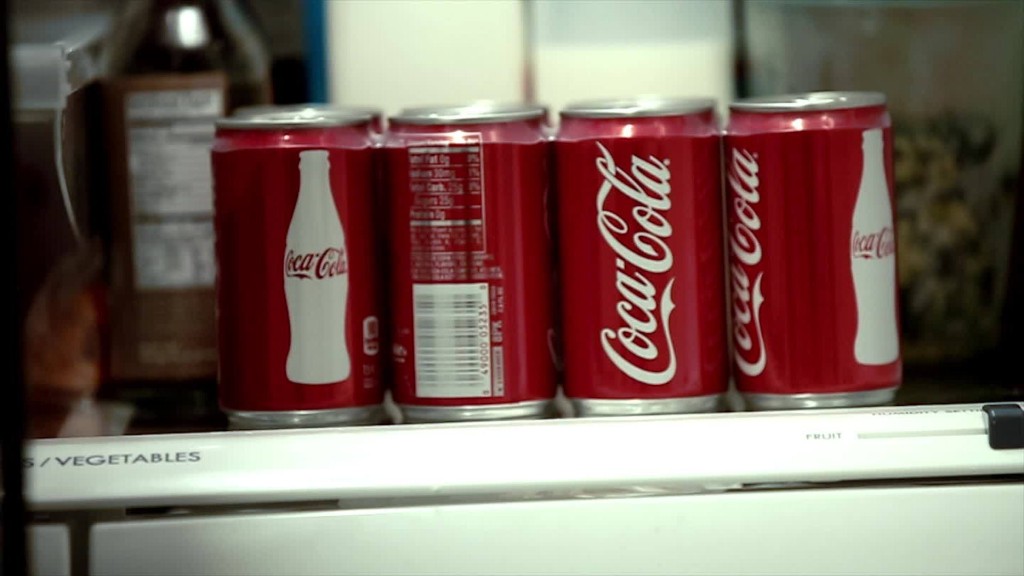
Philadelphia and Berkeley, California, are the only U.S. cities that have a so-called "soda tax" on the books.
But on Election Day, four more cities will decide whether they want one.
Residents of Boulder, Colorado, and Californians who live in San Francisco, Oakland and Albany will vote on ballot measures calling for a new tax on sugar-sweetened beverages. The Boulder measure calls for a two-cents-per-ounce tax, while the three California cities are calling for a tax of one cent per ounce.
The proposed soda taxes would target not only sodas but sweetened teas, fountain drinks, energy drinks and beverages with sugar added. Some sweet drinks, though, would be exempt. For instance, the tax would not apply to 100% juice products, infant formula, milk products, diet soda and in most cases, alcohol.
Soda tax proponents cite the need to reduce the incidence -- especially in children -- of diabetes, obesity and other harmful health effects of sugar.
The proposed ordinance in Albany, California, for instance, notes that "a single 20-ounce bottle of soda ... typically contains the equivalent of approximately 16 teaspoons of sugar." Proponents of the measure in Boulder say it contains "22 packets of sugar." In either case, it's a lot.
Related: Philadelphia passes a soda tax
In addition to reducing sugar-related health problems, a soda tax is also promoted as a way to help bring down the public cost of treating those health problems.
The new soda tax revenue is typically directed into a city's general fund, but at least in Boulder there's a call for it to be used specifically for health initiatives.
Opponents of the soda tax make several arguments. Among them, specialized taxes raise the accounting and administrative burdens on business owners. And even though the soda tax is technically levied on beverage distributors, it is likely to be passed on to consumers by way of higher prices. Plus, low-income consumers, who buy the taxed product more than other groups, are least able to afford higher prices.
Related: Paper reveals soda's controversial relationship with health groups
The jury is still out on the efficacy of taxing one type of beverage or food to reduce the incidence of diabetes or obesity.
Studies in Mexico, which imposed a soda tax nationwide in 2014, found consumption is down, as has early research in Berkeley, where the soda tax went into effect last year, said Donald Marron, director of economic policy initiatives at the Urban Institute. That alone isn't surprising. "Prices go up, people buy less," Marron said.
The potential health effects of the tax, however, aren't clear yet, he noted. What if consumers choose to substitute sugary beverages that are taxed for high-sugar beverages that are untaxed, such as 100% juice?
There's still debate among health experts as to whether naturally occurring and additive sugars are equally harmful or if additive sugars are worse in causing diabetes and obesity, Marron said.
